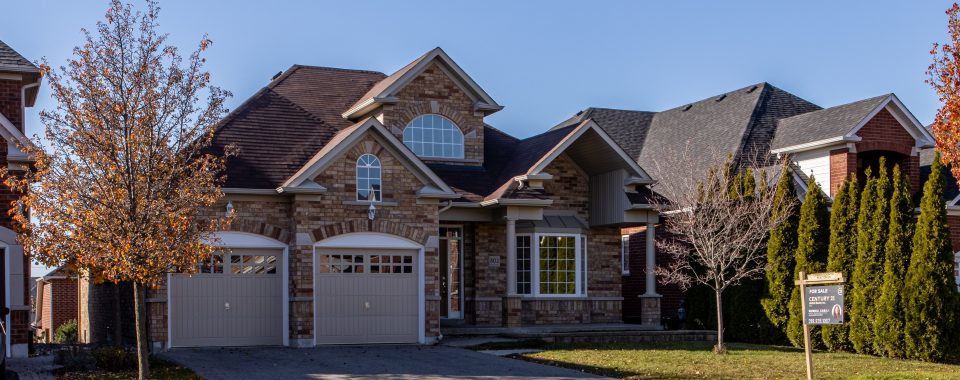Building Costs are Through the Roof
If you own a house, townhouse, condo or rental property, you have heard the news: building costs are at an all time high.
The housing market is red hot, with low inventory of available homes pushing many to buy whatever is available rather than wait. Home builders are ramping up production try try and fill the gap, but there just isn’t enough building material to go around.
All that of that may be well and good (or well and awful, depending on if you are buying or selling!), but what does it mean for you homeowners out there?
And how does the price of lumber affect your insurance policy?
Market Value is not Replacement Cost Value

If you’ve read our blogs before, you may have seen our article about how market value (how much someone would pay for your home) is not the same as replacement cost value (how much it would cost to rebuild your home).
The quick version is that the price someone would pay to buy your home isn’t based on the same factors as how much it would cost to rebuild.
If you’re in a desirable location, for example, that could be a huge bonus to your market value. But it wouldn’t impact your replacement cost value at all.
And a super competitive housing market, like we have now, can drive home prices up – but that doesn’t mean they will be more expensive to rebuild.
Insurance deals with accidents and helping to replace or repair the damage, getting you back to where you were before something bad happened. That’s why it makes sense that insurance deals with REPLACMENT COST, not market value.
So if the cost of building materials go up, it will cost MORE to rebuild your house if you have a total loss. A house that had a replacement cost value of $300,000 might be $350,000 or even $400,000 now!
Cost of Rebuilding Affects Insurance

As we have said, insurance deals with repairs and replacement. We value your home based on how much it would be to repair or rebuild.
That means if costs are going up for repairing and rebuilding, your coverage needs to increase to match.
THIS IS THE MOST IMPORTANT PART!
Coverage does not automatically increase. One of the reasons reviews are so important is that an expert can look at the coverage on your policies to make sure that you are adequately protected.
Let’s do another example. Sally hasn’t had a review in a few years, and has the same homeowners coverage that she had when she first got the policy. She doesn’t want to change it because her premium will go up.
Then Sally has a massive fire. The only option is to rebuild the home, which the builder tells her will cost $300,000. But her homeowners policy only covers her for $225,000!
That means she would have to pay the difference, a whopping $75,000 out of pocket.
The price of building materials directly affects building costs, which affects your policy and its ability to protect you from a loss. But what can you do?
How to Take Action

The number one thing you can do is to schedule a review with your agent.
Going over your policy with your insurance team is vital. They will look at your home, see if there are any updates or changes that you may have made, and run the numbers to get the most accurate coverage possible.
Then if something terrible does happen, you will be covered the way you deserve to be.
Good insurance makes sure you aren’t exposed to risk. When the coverage is right, you shouldn’t have to pay out of pocket. That’s the goal of every agent when they write you a policy in the first place.
Building Costs: Next Steps

When is the last time you had a review? If you don’t know the answer to that question, contact your agent now and set up a time to have a conversation. It could save you thousands.
And if you want a different perspective, contact us at Alliance. We love helping people just like you stay ahead of bad events. And we love educating people on how all of this crazy insurance stuff works.
Want some cheat sheets? Check out our free Personal Insurance Checklist to see what you should look for in an insurance review. Or use it to review yourself and have a better idea of where you stand.
The housing market has already changed. Act now to make sure you aren’t left behind.

